Does ADHD make your day harder before it even begins?
What you eat might be part of the reason — and part of the solution.
Think of food as fuel for your brain. The right fuel can help you, but the wrong fuel can leave you feeling weird, foggy, or drained.

These ADHD diet tips will help you manage your symptoms.
Diet and the ADHD Brain
You’re trying to read. Or clean. Or finish a text. But your brain’s jumping from one thought to the next, or drifting off completely.
It’s not laziness, and you’re not broken. Your brain just works differently, and that’s okay.
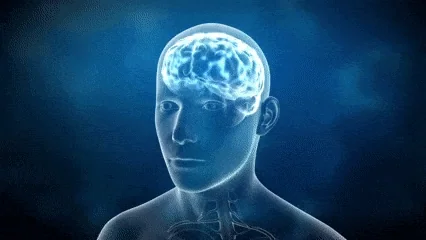
Your brain runs on chemicals that help you focus, stay calm, and get things done. That can make it harder to:
Focus for longer
Control impulses
Pay attention to what matters
When your brain’s already working harder, being low on fuel just makes everything feel even tougher.
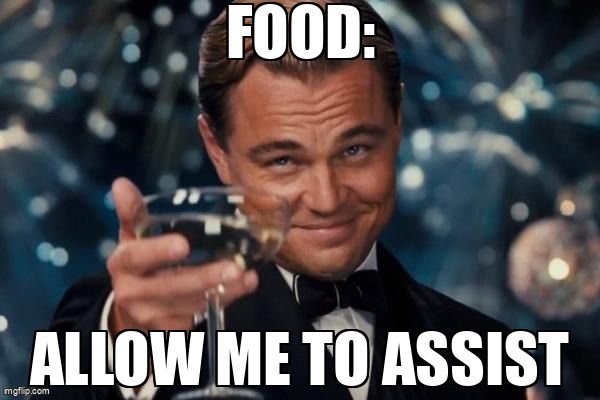
What you eat can make a difference!
Eating the right foods and avoiding the wrong ones can support how your brain works. It won’t fix ADHD, but it can make your day feel more manageable.
Foods that Help with Your ADHD Diet
Your ADHD diet doesn't have to be perfect, but certain types of food can help your brain work more smoothly.
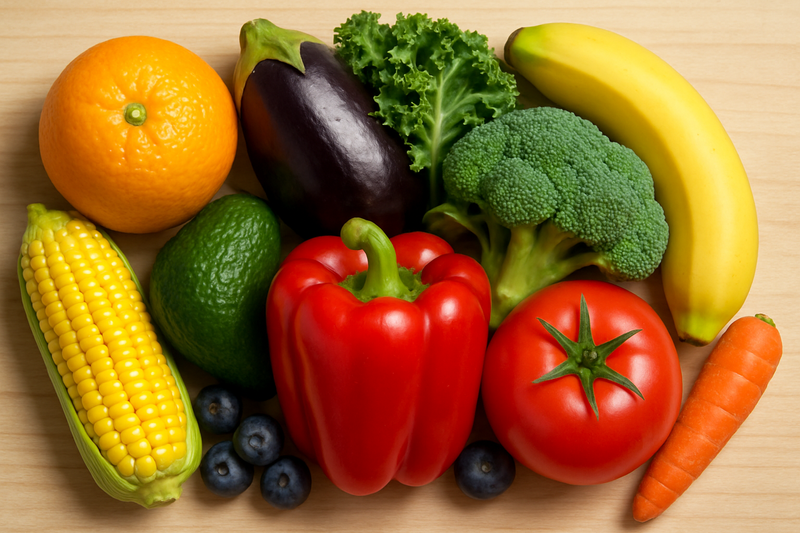 Image generated by the author via ChatGPT
Image generated by the author via ChatGPT
Fruits & Veggies
Eat colorful produce like berries, carrots, or leafy greens. They can help with focus and attention. Try to include them in at least two meals a day.
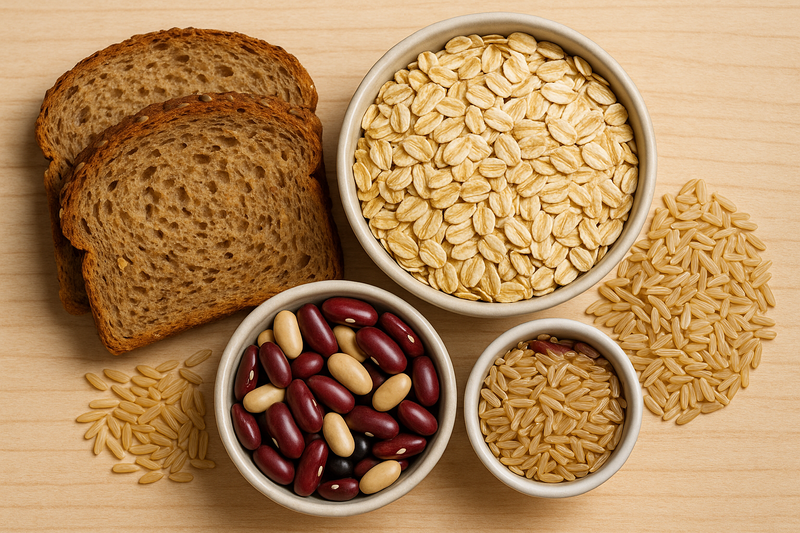 Image generated by the author via ChatGPT
Image generated by the author via ChatGPT
Slow-Burning Carbs
Whole grains, beans, oats, and fruits like apples give you steady energy. These carbs help your brain stay on track without the crash that comes from sugary snacks.
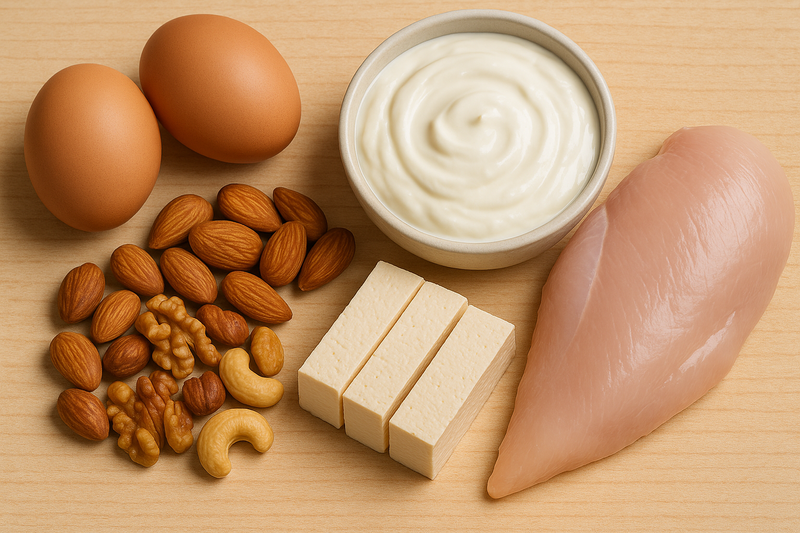 Image generated by the author via ChatGPT
Image generated by the author via ChatGPT
Protein-Rich Foods
Eggs, yogurt, nuts, chicken, or tofu help with focus, keeping you full and your brain alert.
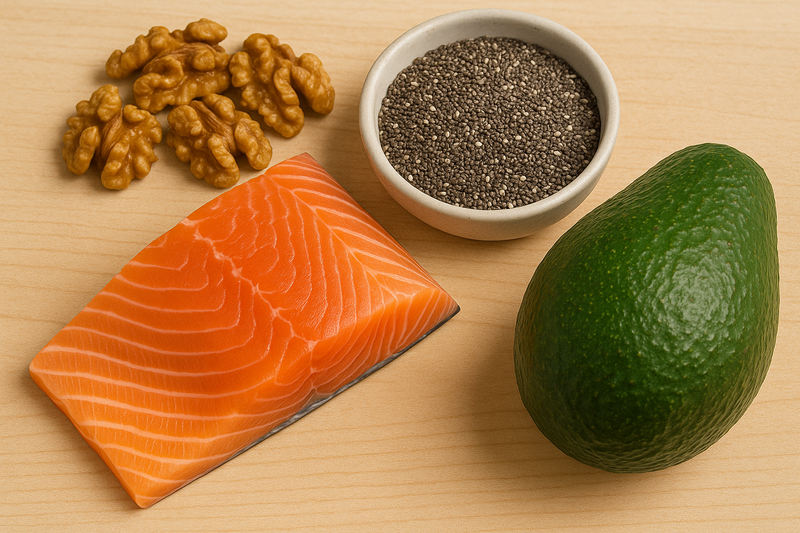 Image generated by the author via ChatGPT
Image generated by the author via ChatGPT
Healthy Fats
A few servings a week of omega-3s like salmon, walnuts, chia seeds, soy, and avocado can go a long way.
Foods to Limit on Your ADHD Diet
Some food might spike your energy, then crash it. Or mess with your mood and focus. And if your brain's already working overtime, those swings can hit even harder.
Knowing what to limit gives you more power over how you feel.
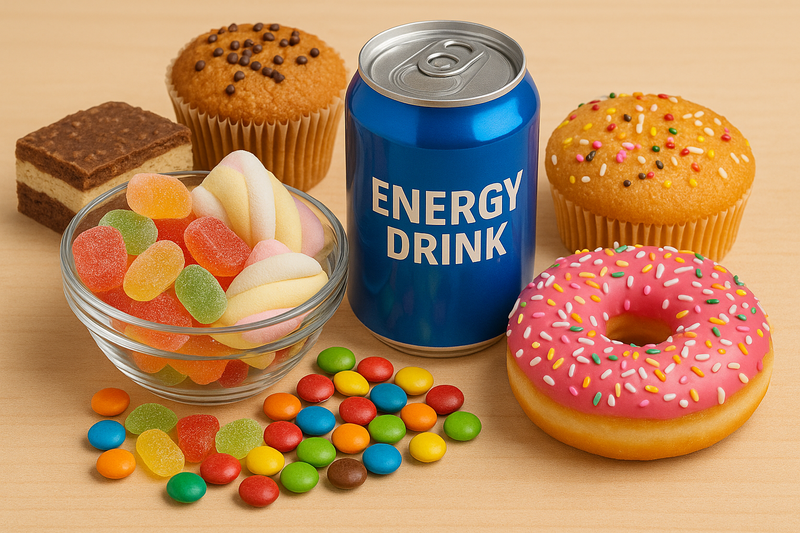 Image generated by the author via ChatGPT
Image generated by the author via ChatGPT
Sugary Snacks & Drinks
Candy, soda, and energy drinks spike your energy fast but crash it even faster, making focus harder.
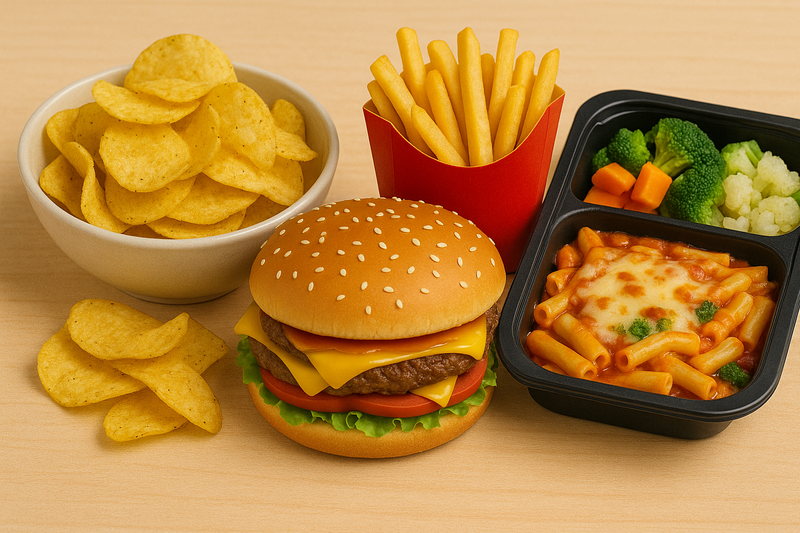 Image generated by the author via ChatGPT
Image generated by the author via ChatGPT
Processed Junk Food
Chips, fast food, and frozen meals are low on nutrients and high in stuff that can mess with mood and brain function.
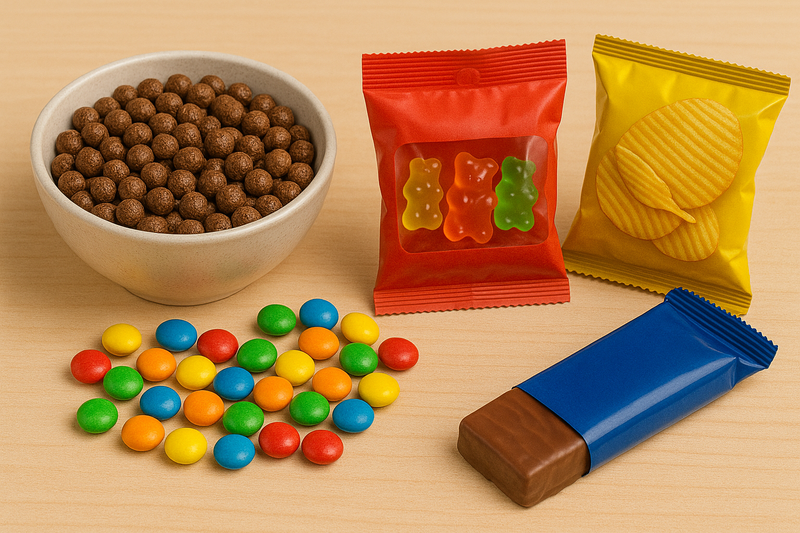 Image generated by the author via ChatGPT
Image generated by the author via ChatGPT
Food Dyes & Additives
Some people with ADHD are sensitive to artificial colors and preservatives found in some cereals, candies, and packaged snacks, which can make them feel more hyper or moody.
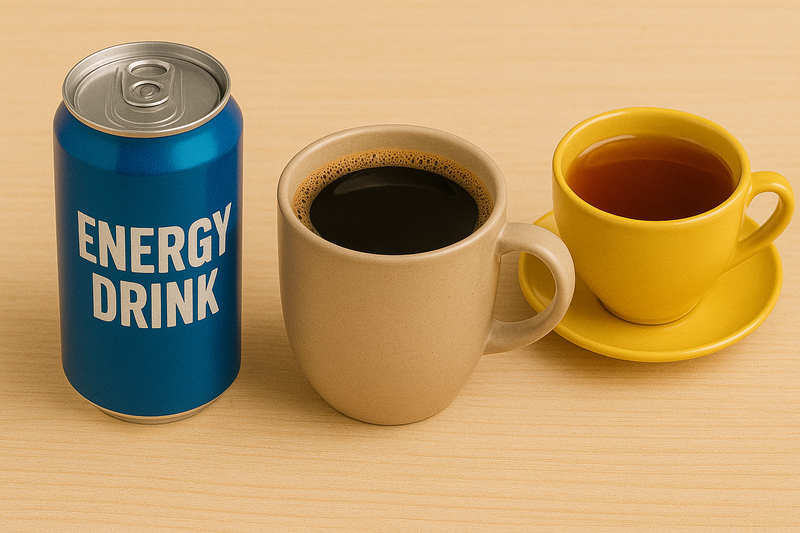 Image generated by the author via ChatGPT
Image generated by the author via ChatGPT
Too Much Caffeine
The caffeine in energy drinks, strong coffee, and even some teas can make you feel jumpy or anxious and mess with your sleep if you overdo it.
Quiz
It’s 3pm. You feel jumpy and can’t concentrate. You remember lunch was just a soda and fries. What’s one small change that could help your focus next time?
Make It Stick
Knowing what to eat is one thing. Remembering to eat it? That’s harder with ADHD.
Implement strategies to turn food habits into something that actually works for your brain:
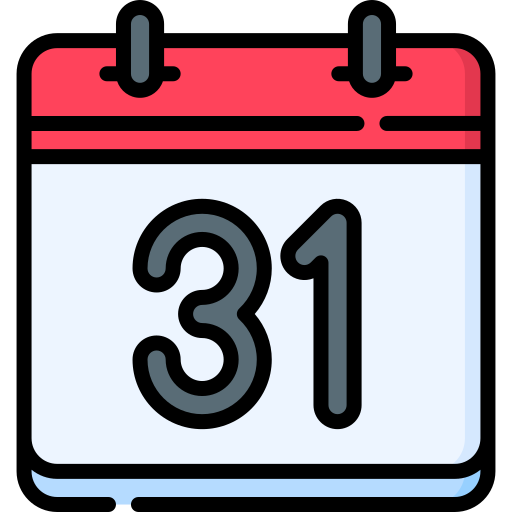
Plan once, stress less: Pick one day (like Sunday) to prep a few meals or snacks for the week.
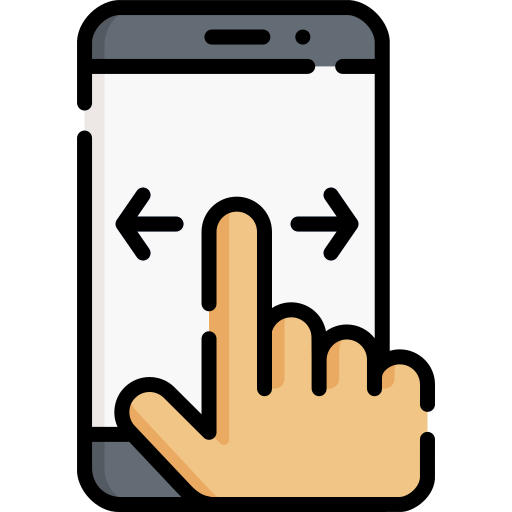
Eat without distractions: Try one meal a day without screens. It helps you notice when you're full.
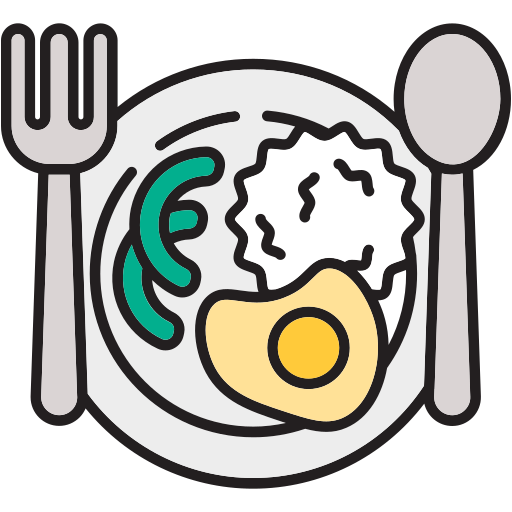
Have 2–3 default meals: Think eggs and toast, rice with veggies, or pasta with tuna. Quick, familiar meals make hard days easier.
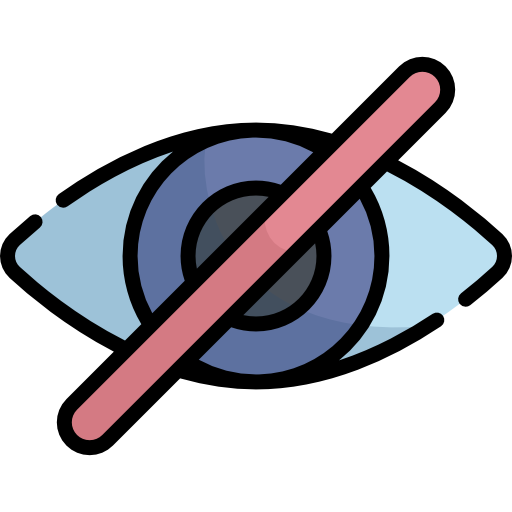
Hide the junk & show the good stuff: Put fruit or nuts where you’ll see them. Move chips to the back of a shelf.
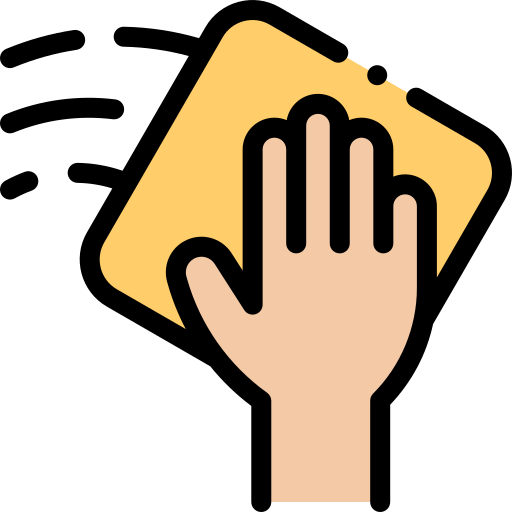
Keep your kitchen calm: Tidy spaces feel less overwhelming. Start with just one drawer.
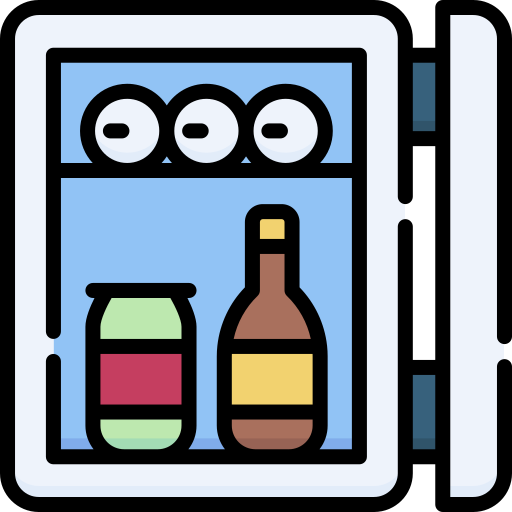
Know your “Why am I eating?” moments: Bored? Procrastinating? Pause and check before you snack.
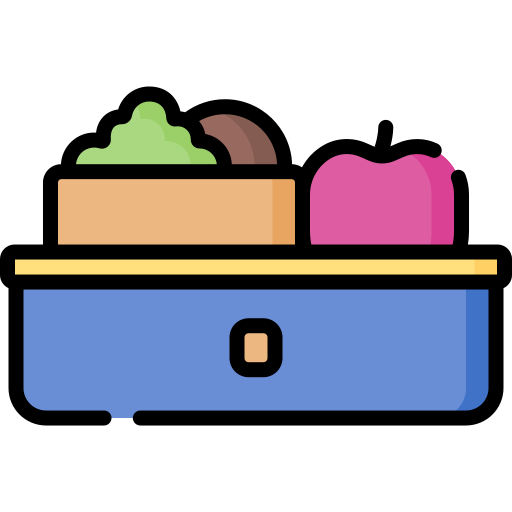
Snack station: Keep a small, go-to snack box in your fridge or bag: nuts, boiled eggs, trail mix, fruit pouches. Label it: “One go-to snack, ready to grab.”
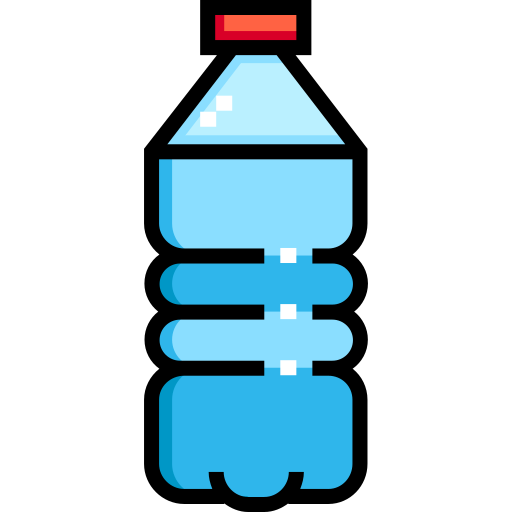
Visual anchors: Put your water bottle by your phone charger.
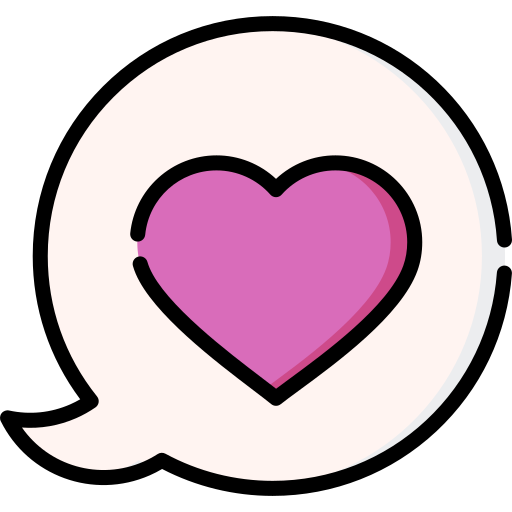
Kind self-talk: Skipped a meal? It’s okay. Try again later. Be gentle with yourself. Guilt doesn’t help.
Want real-life tips from an expert who gets it?
Check out Annika Angelo’s YouTube for ADHD diet-friendly food advice that’s practical, relatable, and backed by science.
Smart Shopping Tips
Supermarkets are full of impulsive distractions. ADHD brains are wired for those quick hits of “oooh, fun!”
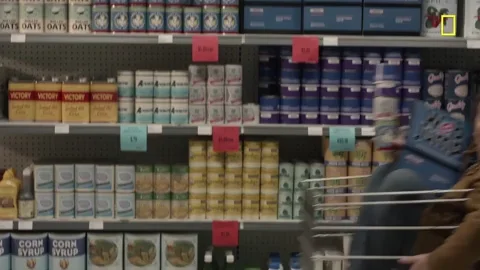
Here’s how to stay on track:
Eat before you go (hungry = impulsive).
Bring a list and stick to it.
Shop online if in-person aisles are overwhelming.
Skip the middle aisles when possible (that’s where the processed stuff lives).
The less decision-making in the moment, the easier it is to buy what actually supports your brain.
The Bigger Picture
There’s a lot of noise out there about ADHD and food, but you can't believe everything you see or hear.
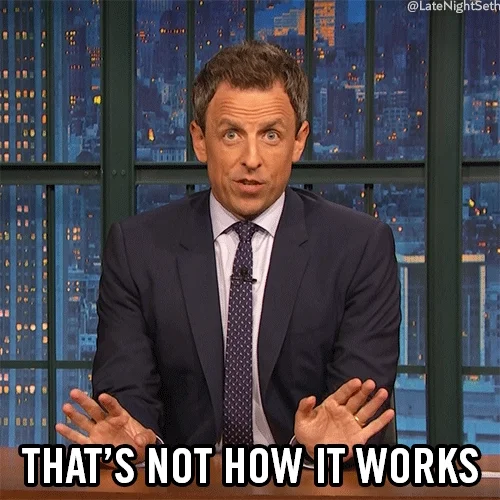
You might have heard these myths:
ADHD diet myth #1: “You just need to cut sugar completely.”
Cutting back helps, but you don’t need to be perfect.
ADHD diet myth #2: “ADHD goes away if you eat clean.”
Nope. Food can support your brain, but ADHD is still real.
ADHD diet myth #3: “One food fixes everything.”
There’s no magic snack. Small habits help more than extreme diets.
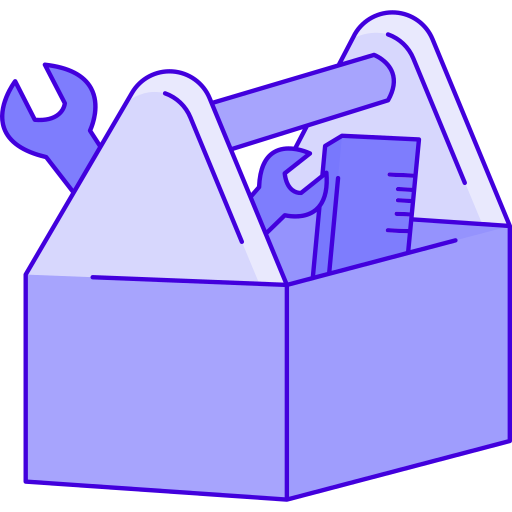
Food is one tool — not the only one.
An ADHD-friendly diet can support how your brain works, but it’s not a replacement for other help.
If you’re using meds, therapy, or coaching, food can make those work better and not cancel them out!
Make sure to check with a doctor or dietitian before making any major changes to your diet.
Quiz
Your friend says, “I stopped taking my ADHD meds because I’m just eating healthy now.” What’s the best response?
Take Action
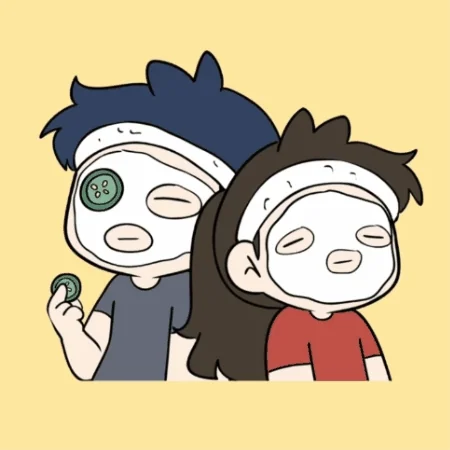
Taking steps to support your ADHD brain through food can help you feel more focused, steady, and in control.
Your feedback matters to us.
This Byte helped me better understand the topic.
